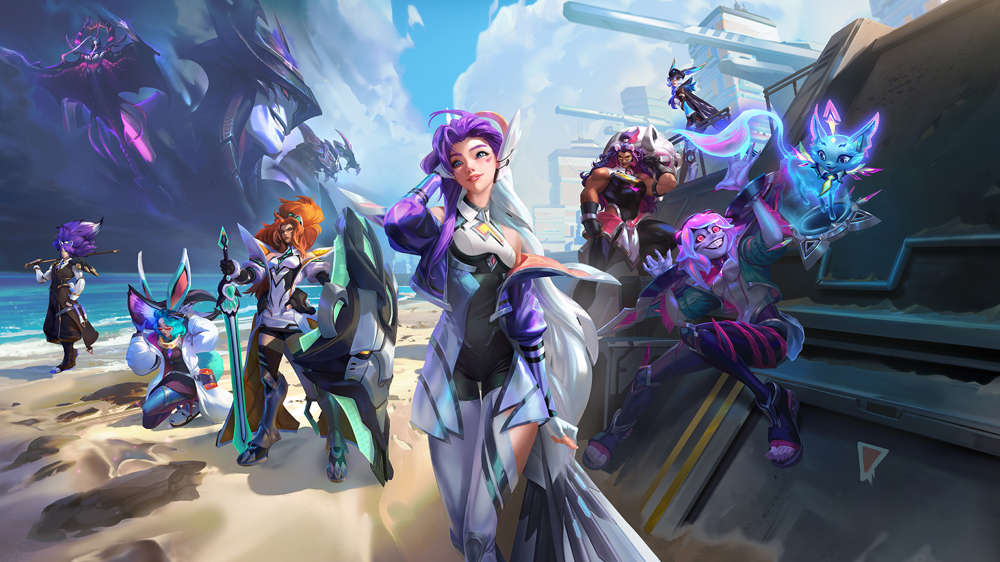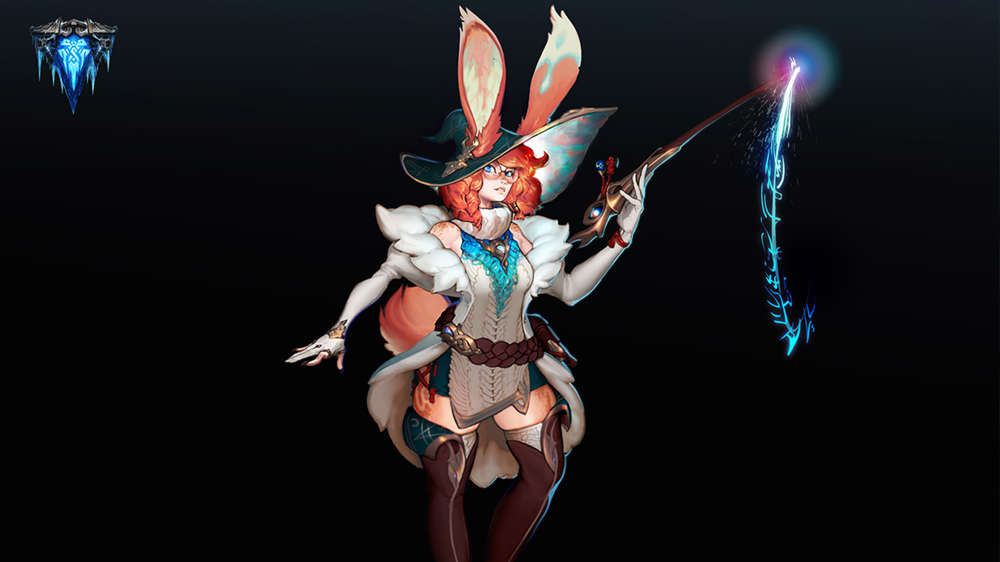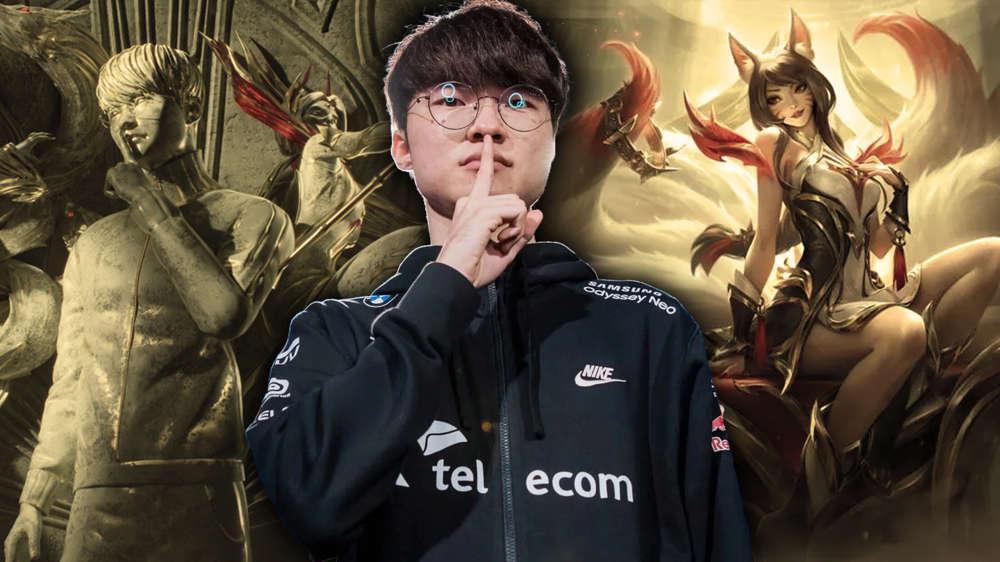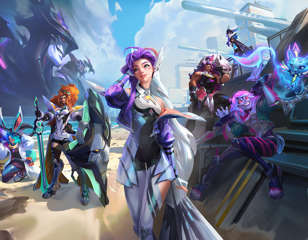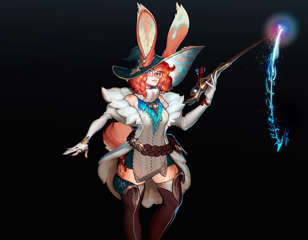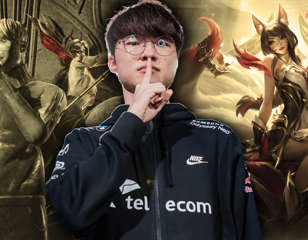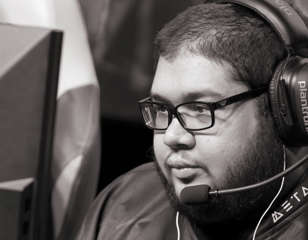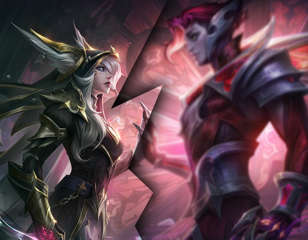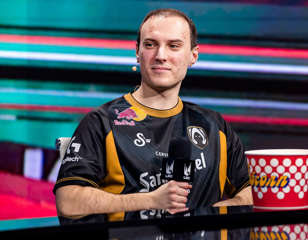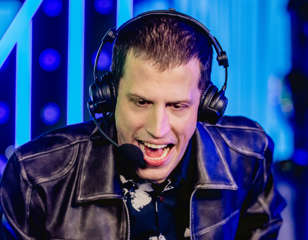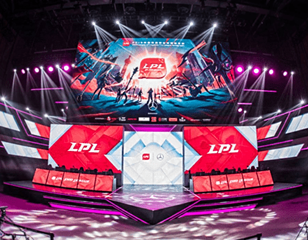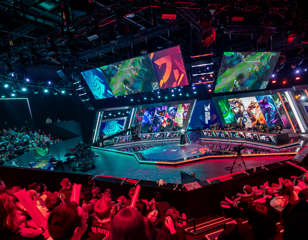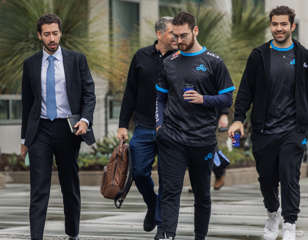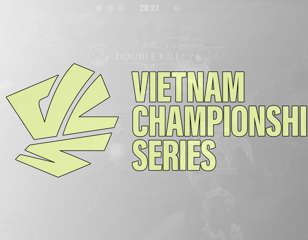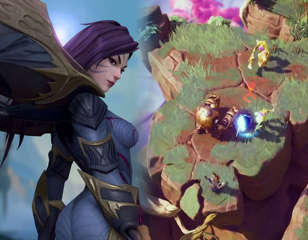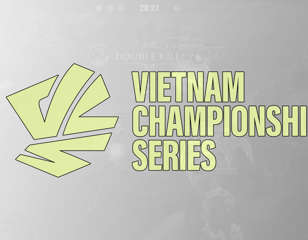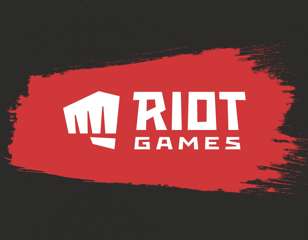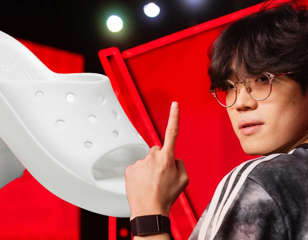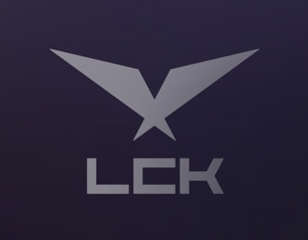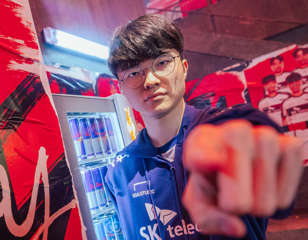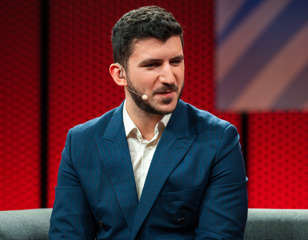LEC Commissioner Artem Bykov on balancing interests & initial results of the season format
GGRecon sat down with LEC Commissioner Artem Bykov to discuss the new LEC format changes which took effect with the LEC 2023 Winter Split.

Sascha Heinisch
10th Mar 2023 15:28
lolesports
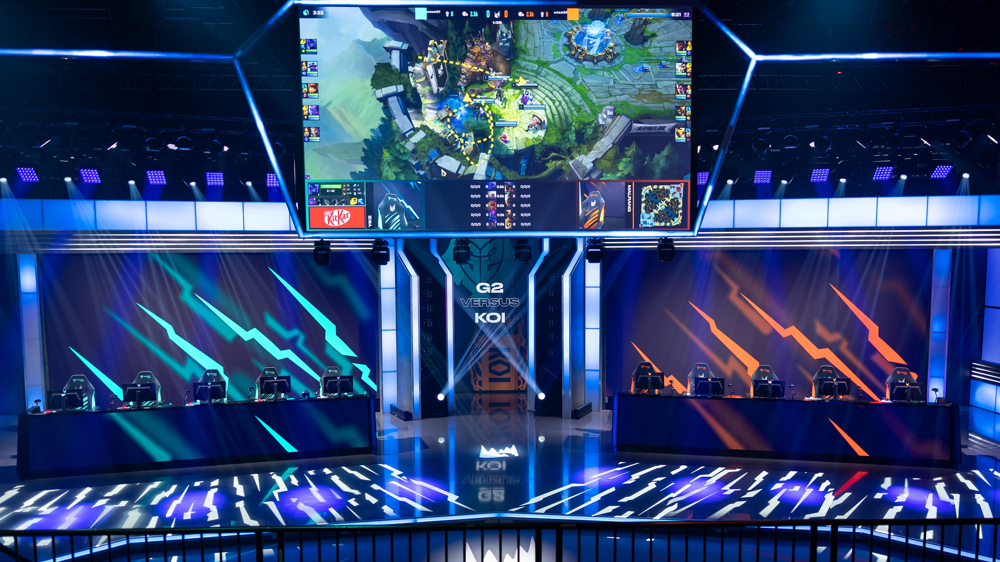
Just over 10 years ago, the EU LCS opened its doors to its first Spring Split. A lot has changed since then but not unrecognisably so - for the most part, it’s still five players competing against five opponents playing Riot Games’ MOBA grand slam League of Legends against one another.
Yet, everything is more modern, with everything more refined, and experienced, from the game to the competitors to the broadcast talent. High tech studios, full arenas, and since this season, an even wider set of communities, incorporating Turkey as well as the CIS and MENA region.
Despite the apparent challenges of bringing a continent with different language communities, markets, and borders into accord, the newly-titled League of Legends EMEA Championship (or LEC for short), with frequent adaptations to suit the business and the community at large.
Therefore, it wasn’t surprising that the team around Commissioner Artem Bykov would deploy another format change for the 2023 season.
A complex format for a complex region
The elevator pitch is that there are now three shorter Splits instead of two, and the Splits themselves are divided into three stages. Each Split starts with the regular season held in a best-of-one single round-robin format. The second stage is the group stage set up with a best-of-three double elimination structure that then leads into Split playoffs, which are organised in a double elimination bracket but each match buffing up to a best-of-five size.
Got all that? To give an exhaustive explanation would blow past the scope of this article. Rest assured, the rules around how the Season Finals, Mid-Season Invitational, and World Championship qualifications work add further complexity. It’s not an easy system to grasp initially and Bykov is okay with that.
“It's a temporary drawback when you change from one kind of schedule that people are used to the next.”
“If it’s making the matches more exciting for everybody to watch, then that is something we want to pursue.”
“At the end of the day, it is our job to make sure that this is not even a problem for fans by making sure this is a seamless experience and we educate the fans better.”
Bykov shared one example where that communication had broken down. For the first two stages of the season, the LEC’s broadcast days were scheduled from Saturday to Monday. When the playoffs betrayed that learned habit, it caused confusion.
“I saw plenty of people who didn't realize that in the final week, we had Friday, Saturday, and Sunday as the final three days of the winter Split. That is something we should’ve done a better job in communicating and definitely something we will do a better job at in the Spring Split.”
Initial results
According to the Esports Charts, an esports analytics service, the impact of the format remains hard to judge for now, as a multitude of other factors such as the introduction of other language communities and the entrance of Spanish esports brands KOI and Team Heretics coincided with the new format being put into action. An expected post-COVID decline in viewership could also factor in.
For the LEC Commissioner, the results of the format change are promising so far, though he agrees that more data will be needed.
“The Spring Split will really tell how successful the format is when it comes to viewership.”
Beyond the area of hard data, Bykov considers two factors as additional indicators of success.
“We survey online viewers after each Split and gather feedback that way. We also survey people who watch the LEC from the Studio in Berlin.”
“Players share their feedback through the players’ council.”
“We also talk to the teams a lot. The LEC teams have very open access to Rioters and they share their feedback constantly.”
Getting everyone on board
Late last year, reports circulated that not every partner team in the LEC was happy with the format changes. When asked about the pitch for this season format, Bykov responded:
“It was not a hard sell because we and the LEC partners believe this is the best format for all teams, both the ones who tend to finish in the top 4 and those who are in the bottom four.”
“Because the Splits are more condensed, you’re back in game faster.”
“A team who is finishing 9th or 10th in the LEC this year is playing 75% of matches they played last year which is not a big drop. It also provides teams time to rest, reflect, and regroup for the next Split”
The knockout format approach has created an incentive structure to perform that is rarely found in other franchised leagues. Without the possibility of drafts, mid-table goals such as cups, and most notably relegation adding incentives for the lower-half teams, there now exists at least some theoretical pressure to perform.
Part of how the number of matches for each franchise remained stable comes on the back of a 20% increase in broadcasting days for the LEC.
The Commissioner says they are aware of the added pressure that this creates on the broadcast team and are monitoring the impact of the new format.
“It's asking a lot from everybody who works on the show. We need to keep our finger on the pulse and make sure that everyone has enough time to rest.
“For example, we are making sure we have appropriate crew rotations, that people have weekend days off.”
“For me for example, I need to take some days off sometimes on the weekend, and people may ask on Twitter: “Hey, why is Artem not chiming in on this and that?” It's because I'm enjoying my time off with the family, you know?”
“So this all sounds easy, but it requires a lot of planning in advance.”
Why copy-paste won't work
The LEC exists as one of the partnership leagues within the global League of Legends esports system with its sister leagues LCK in South Korea and LPL in China having adopted different competitive formats which some fans have advocated for.
Despite having sat down to compare notes with the executives behind the other leagues, according to Bykov, the perhaps easier solution to copy-paste said formats into the LEC is not sufficient.
For Bykov the question the format has to answer is “What does the local market want?”
“EMEA is a very complex, very diverse region with its own. And we cannot take just a template of what other regions across the globe make.”
Reading through the fan feedback on the feeds, one perceived weakness of the format is seen in the best-of-1 format of the first stage and the volatility of competitive results it may bring.
“I think the reality is that bringing more best of threes requires more resources on our end.”
“If we spend our resources on making this happen, we'll need to make some trade-offs on other areas, which fans may not like.”
“If we were to bring more best of threes, it is very likely that it means more broadcast hours and broadcast days.”
“If we need to allocate costs to running more show days that means we have less budget to create content or to do an exciting roadshow at the end of the year. So we are trying to reach the balance to the best of our abilities here.”
The LEC is back this Saturday, March 11th with the Spring Split, kicking off with the match EXCEL vs Fnatic at 6 pm CET / 5 pm BST.

About The Author
Sascha Heinisch
Sascha "Yiska" Heinisch is a Senior Esports Journalist at GGRecon. He's been creating content in esports for over 10 years, starting with Warcraft 3.

